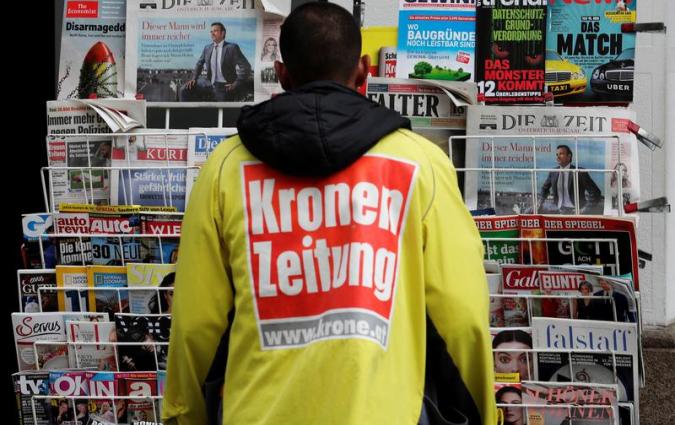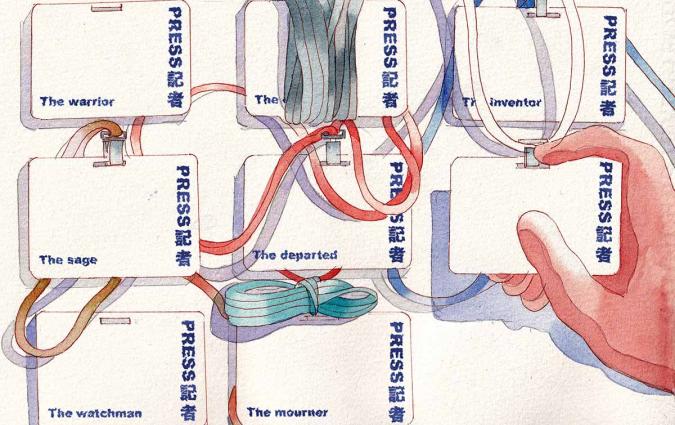Liberating or Constraining? How technology capital is reshaping the media landscape in China

Reuters Institute Fellow's Paper
China’s tightly controlled media sector has been going through drastic changes brought on by the country’s booming information and communication technology (ICT) sector. Unicorn companies such as Baidu, Alibaba, and Tencent have invested heavily in legacy newspapers, digital-born news sites, and social media alike. Like their counterparts Facebook, Twitter and Google, these Chinese tech firms are also profoundly changing the way the news is produced and consumed.
In a totalitarian country which has witnessed tightening censorship over the past few years, what does the influx of tech capital mean for a highly controlled media sector? Existing scholarly debates diverge on whether ICTs bring more liberating or constraining forces in authoritarian countries. Jing Li, a senior reporter at the South China Morning Post, has written a research paper Liberating or Constraining? How technology capital is reshaping the media landscape in China, which contributes to the discussions by looking at the tech boom’s influence on China’s journalism landscape. Here’s how she describes her research:
‘I approached the question through three aspects: How has China’s investigative journalism changed in the digital era? Do new forms of news publishing and consumption through WeChat’s Public Account feature open up more space for public discourse? And how propaganda is benefiting from the digital age? To answer these questions, I conducted semi-structured interviews, content analysis and policy reviews.
My main conclusions are:
- Hard-hitting investigation journalism is dying in legacy newspapers, but digital-born news sites have so far failed to fill the vacuum;
- WeChat’s Public Account feature provides a platform for the public to publish news related information and comments, and also creates new business models for authors. But multilayered censorship mechanisms make sure the most popular publishers are tightly toeing the government line, with content shoring up patriotism or even nationalism.
- Government-backed digital born news sites are gaining more trust than traditional mouthpieces among the public, better delivering government messages when controversial social events take place.
As with all Fellows’ research papers, any opinions expressed are those of the author and not of the Institute.
Image: REUTERS/Bobby Yip
Funders






